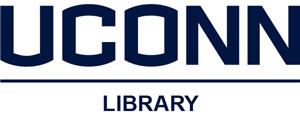Does the use of technology in a classroom lesson change students’ attitudes towards learning?
Document Type
Abstract
This study investigated the impact of technology in a classroom lesson on students’ self-efficacy. Forty-two 8 and 9 year old male and female students from 3rd and 4th grade and thirty-six 15 and 16 year old students from 10th grade classrooms participated in this study. A pre-test and post-test was administered to assess students’ attitudes towards learning as well as computer experience. A focus group assessment of four students for each age group was performed immediately after the interaction. The data was analyzed using quantitative and qualitative methods. While the quantitative data showed no statistical significance between technology and students’ academic self-efficacy, the qualitative data presented a different conclusion. When technology is utilized properly to support a lesson, it appears that it can increase students’ self-efficacy. More importantly, there appears to be a link between students’ technology self-efficacy and their academic self-efficacy. It is possible that technology, properly situated in a classroom lesson to increase academic self-efficacy, may be able to increase students’ academic performance.


